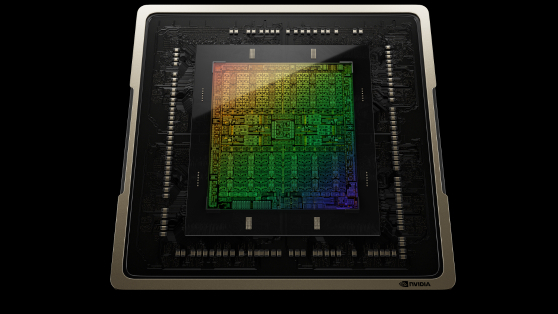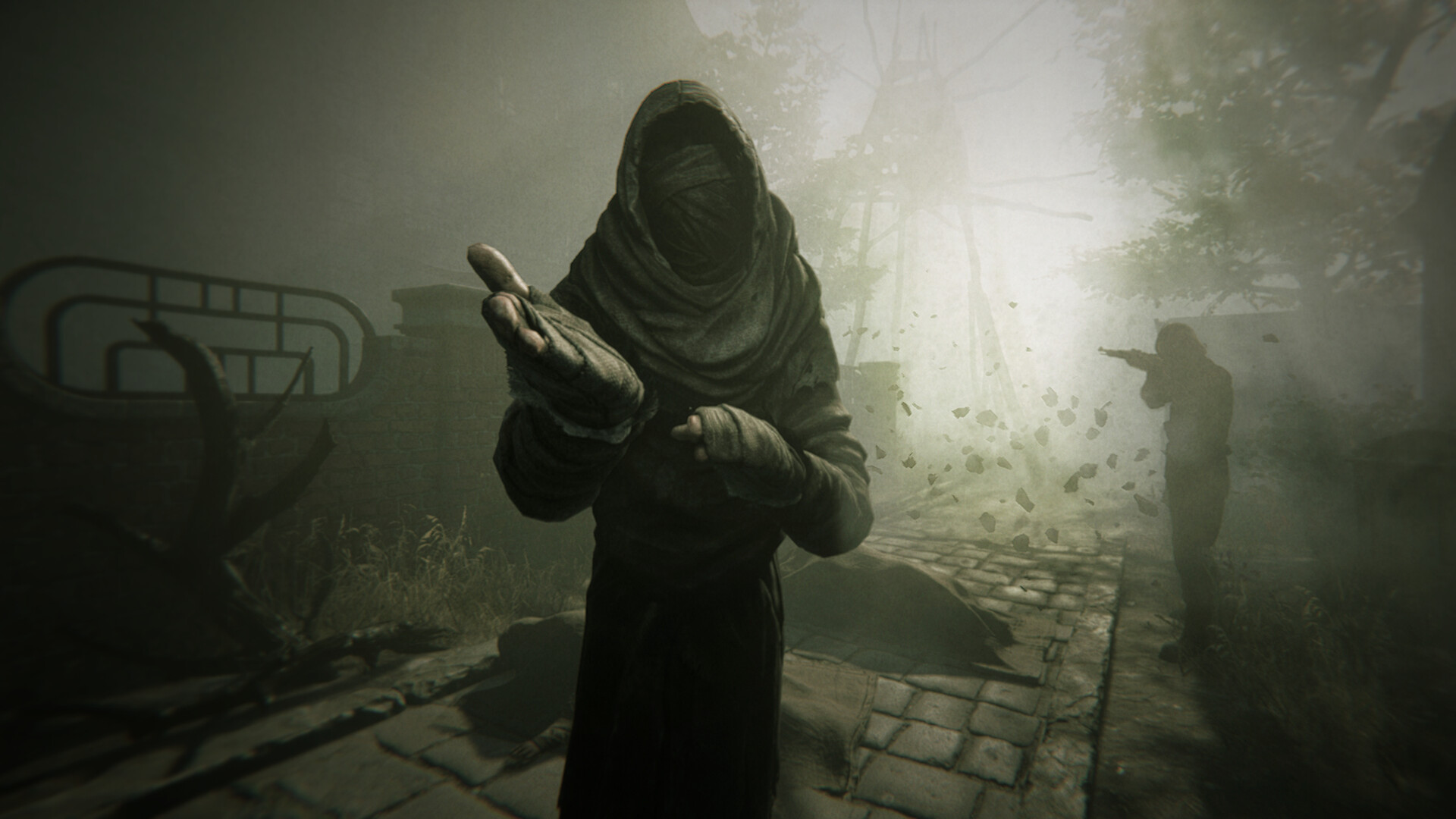Nvidia predicts AI models one million times more powerful than ChatGPT within 10 years
"I expect to see AI factories all over the world," says CEO, Jensen Huang.

A million here, times a million there. Pretty soon you're talking about big numbers. So Nvidia claims for its AI accelerating hardware in terms of the performance boost it has delivered over the last decade and will deliver again over the next 10 years.
The result, if Nvidia is correct, will be a new industry of AI factories across the world and gigantic breakthroughs in AI processing power. It also means, ostensibly, AI models one million times more powerful than existing examples, including ChatGPT, in AI processing terms at least.
In Nvidia's earnings call yesterday, CEO Jensen Huang claimed that Nvidia's GPUs had boosted AI processing performance by a factor of no less than one million in the last 10 years.
"Moore's Law, in its best days, would have delivered 100x in a decade," Huang explained. "By coming up with new processors, new systems, new interconnects, new frameworks and algorithms and working with data scientists, AI researchers on new models, across that entire span, we've made large language model processing a million times faster."
Put another way: no Nvidia, no ChatGPT. The AI language model that is said to run on around 10,000 Nvidia GPUs and has captured the world's consciousness by demonstrating something akin to its own actual consciousness in recent months wouldn't be here without Jensen.
And, of course, the team at OpenAI who actual put it into operation.
If one million times the performance in the last decade isn't impressive enough, Huang has news for you: Nvidia's going to do it again.
Keep up to date with the most important stories and the best deals, as picked by the PC Gamer team.

Best CPU for gaming: The top chips from Intel and AMD
Best gaming motherboard: The right boards
Best graphics card: Your perfect pixel-pusher awaits
Best SSD for gaming: Get into the game ahead of the rest
"Over the course of the next 10 years, I hope through new chips, new interconnects, new systems, new operating systems, new distributed computing algorithms and new AI algorithms and working with developers coming up with new models, I believe we're going to accelerate AI by another million times," Huang says.
Exactly how one measures these claimed performance boosts isn't clear. But the result of the next one million times AI processing boost will be what Huang describes as AI "factories."
"There was a time when people manufactured just physical goods. In the future, almost every company will manufacture soft goods. It just happens to be in the form of intelligence," Huang predicts. "I expect to see AI factories all over the world," Huang explains. "There will be some that are large, and there are some that will be mega large, and then there'll be some that are smaller."
"My expectation is that you're going to see really gigantic breakthroughs in AI models in the next company, the AI platforms in the coming decade. But simultaneously, because of the incredible growth and adoption of this, you're going to see these AI factories everywhere."
So, there you have it. AI factories across the world. At what point exactly they become fully conscious and take over that world is anyone's guess. But an AI model that's a million times more powerful than ChatGPT? That sounds like sooner rather than later. And on that subject, I for one welcome…

Jeremy has been writing about technology and PCs since the 90nm Netburst era (Google it!) and enjoys nothing more than a serious dissertation on the finer points of monitor input lag and overshoot followed by a forensic examination of advanced lithography. Or maybe he just likes machines that go “ping!” He also has a thing for tennis and cars.

